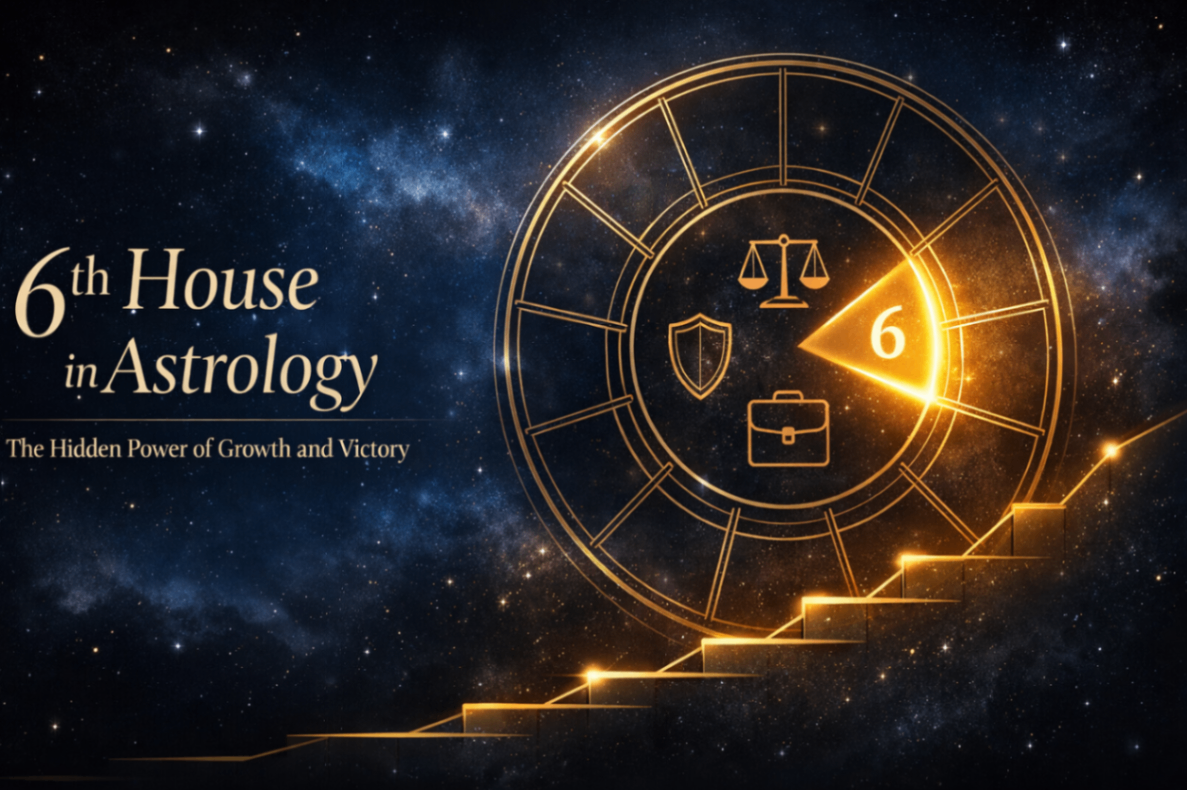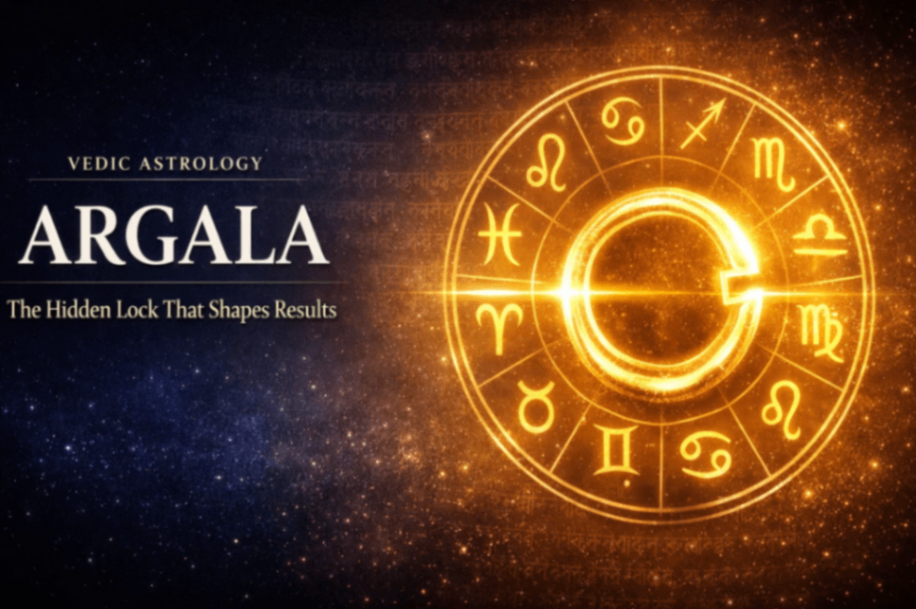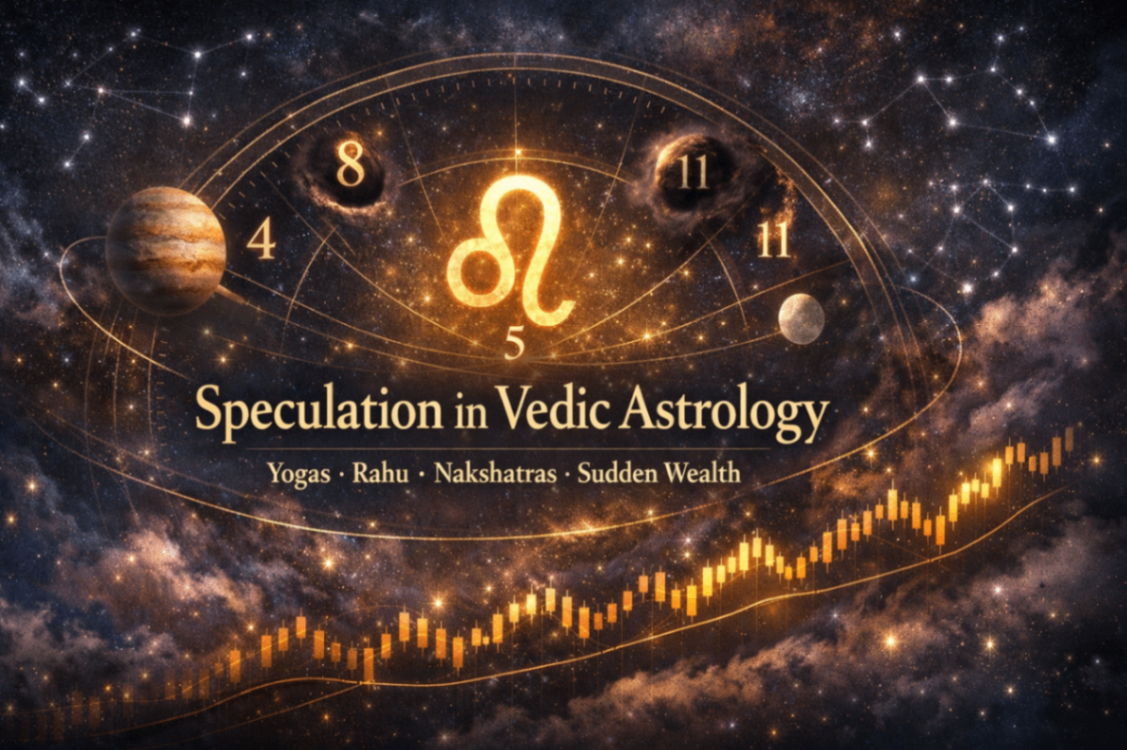The Seventh House in Vedic Astrology
The seventh house in Vedic astrology is conventionally known as the house of marriage and committed relationships. However, its significance extends beyond these aspects. This article delves into the various facets of the seventh house, shedding light on its diverse implications as outlined in classic Vedic texts.
Marriage and Spouse
One of the primary significations of the seventh house is marriage. It represents your spouse, including their nature, character, and physical characteristics. For instance, if you have Venus as your seventh lord or Venus in your seventh house, it indicates a spouse who is refined, cultured, and attractive. The seventh house also provides insights into the marriage itself and any long-term committed relationships. It reflects the spouses personality, thereby offering a glimpse into the dynamics of the marital relationship.
Business Partnerships
Beyond personal relationships, the seventh house also signifies business partnerships. It represents foreign businesses and international trade. Any dealings in these areas fall under the purview of the seventh house. This house essentially governs all forms of partnerships, whether personal or professional.
Open Enemies
The seventh house is often referred to as the house of open enemies. This means that your marriage or business partner could potentially become an enemy. This is in contrast to the sixth house, which represents hidden or secret enemies. The seventh house is in direct opposition to the first house, which represents yourself. Therefore, the seventh house acts as a reflection of the first house, making the concept of open enemies more transparent.
Maraka House
The seventh house, along with the second house, is considered a Maraka house, which is associated with death and the nature of death. It also signifies aspects like passion, fertility, and success in love affairs. Venus, being the Karaka of the seventh house, represents these elements. A strong Venus in your chart acts as a protective cover for matters related to the seventh house.
Public Image
The seventh house is essentially about other people and what you project into the world. Since it is opposite the first house, it serves as a reflection of your public image. Any planet transiting through the seventh house in transit can put you in the limelight. For example, if Saturn is transiting the seventh house, it may bring challenges, making people view you less favorably. Conversely, if Jupiter transits the seventh house, it can bring positive attention.
Saturns Influence
When Saturn transits the seventh house, it is a time to watch for dissatisfaction in your relationships. However, Saturn also helps you address and resolve these issues. On the other hand, if a benefic planet like Venus or Jupiter is transiting the seventh house and your marriage is already strained, you might feel less inclined to fix the marriage. Instead, you may seek companionship or passion outside the marriage.
Conclusion
In summary, the seventh house in Vedic astrology holds a multitude of significations. It governs marriage, spouse characteristics, business partnerships, foreign dealings, open enemies, public image, and more. Understanding the seventh houses role can provide valuable insights into various aspects of life,both personal and professional.
```






































